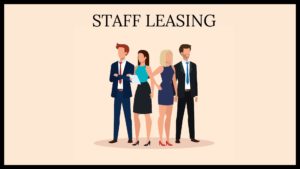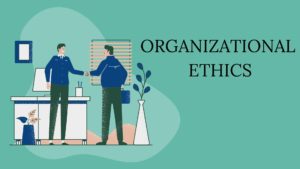Do you want to halt the practice of company knowledge leaving the company when employees leave your organization? Then incorporating Knowledge Transfer strategies in your…
Knowledge Management System – Meaning, Stages & Types
Knowledge Management System is an IT system that an organization can use for storing and retrieving knowledge and relevant information, so employees and customers can…
Negotiation – Definition, Outcomes, Steps and Skills
Does a dispute always end up bad? Is there any way it can be solved? What are the tools we can use to resolve a…
Graphic Rating Scale – Definition and Characteristics
The graphic rating scale is the type of appraisal method in which the expected behavior of all traits for effective performance is listed for every…
Merit Pay – Explanation, Advantages and Disadvantages
Merit Pay or merit-based pay is defined as a payment or a reward that is given to the highest performing worker. Explanation Merit pay is…
Progressive Discipline – Definition, Importance and Steps
Progressive discipline can be defined as a method used in the workplace environment to correct or improve employees’ work performance or their behavior-related issues at…
Strategic Goals – Definition, Importance and Examples
Strategic goals are defined as planned objectives that an organization tries to achieve. Many senior managers usually take a lot of time to develop and…
Labor Productivity – Definition, Importance and Calculation
Labor productivity is defined as the output that every employed person creates per unit of time. What is Labor Productivity? Labor productivity is also referred…
Verbal Warning In The Workplace – Types and Reasons
As the name suggests, a verbal warning process is a warning that is given verbally to an employee in the workplace because their job performance…
Management Development – Meaning, Objectives and Steps
Management development is defined as a process in which managers improve and learn their skills and knowledge so that they benefit not only themselves but…
Reverse Culture Shock – Definition, Signs and Stages
Culture shock or reverse culture shock is defined as the disorientation that people feel when adapting or re-adapting to a new or unfamiliar or familiar…
What is Staff Leasing? Definition, Pros & Cons
In today’s dynamic business landscape, effective human resource management is pivotal, and staff leasing is an increasingly popular strategy. Staff leasing, also known as employee…
Organizational Dynamics – Meaning, Importance & Elements
Organizational dynamics is defined as a process that helps to strengthen resources and boost the performances of employees continuously. It is how a company learns…
Organizational Ethics – Meaning, Importance and Elements
Organizational ethics is a form of applied or professional ethics that scrutinizes ethical morals, values and principles that arise in a workplace. It applies to…
Organizational Goals – Definition, Types and Steps
Organizational goals are defined as the goals that a company tries its best to meet. The term puts its focus on the overall mission, intention,…














